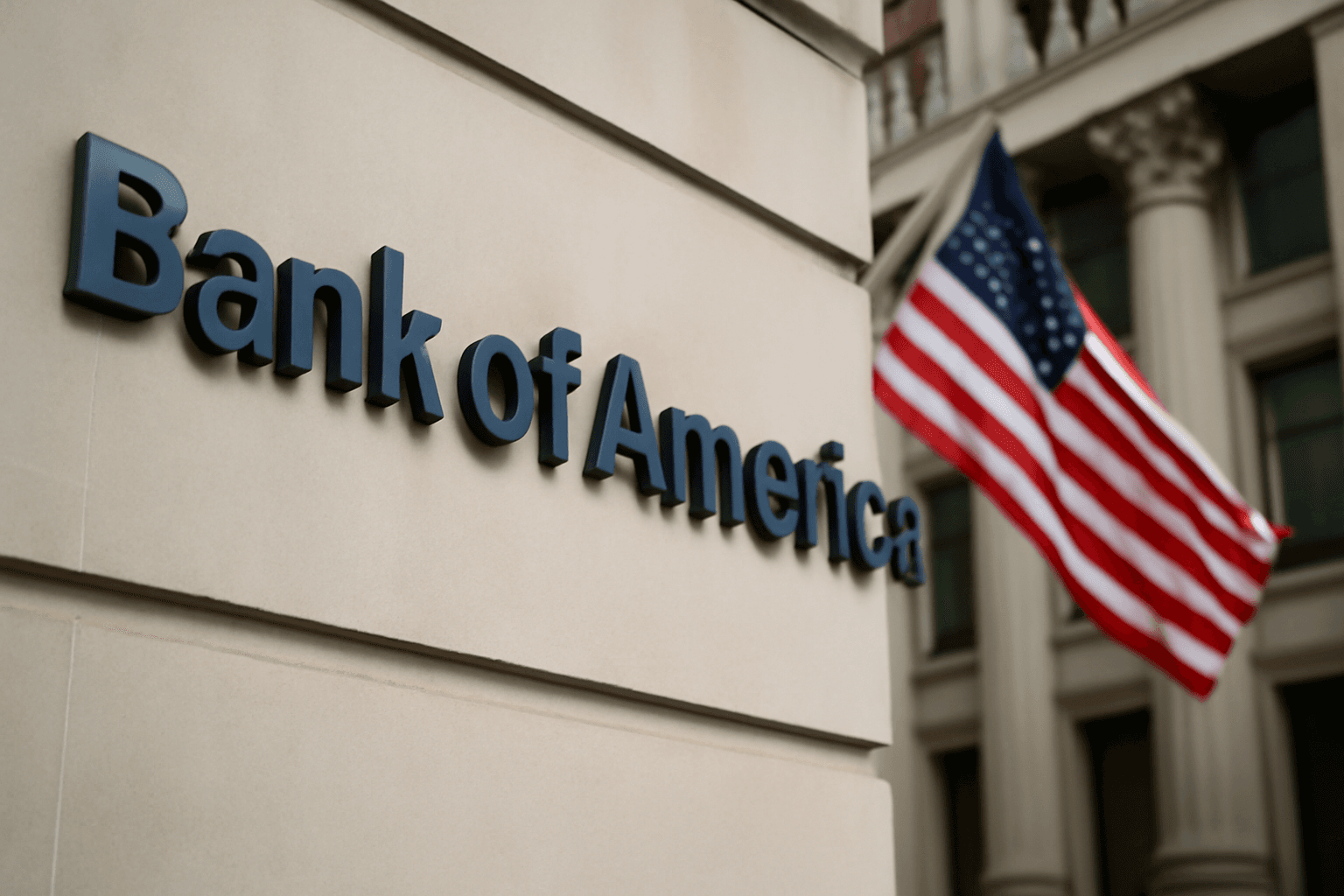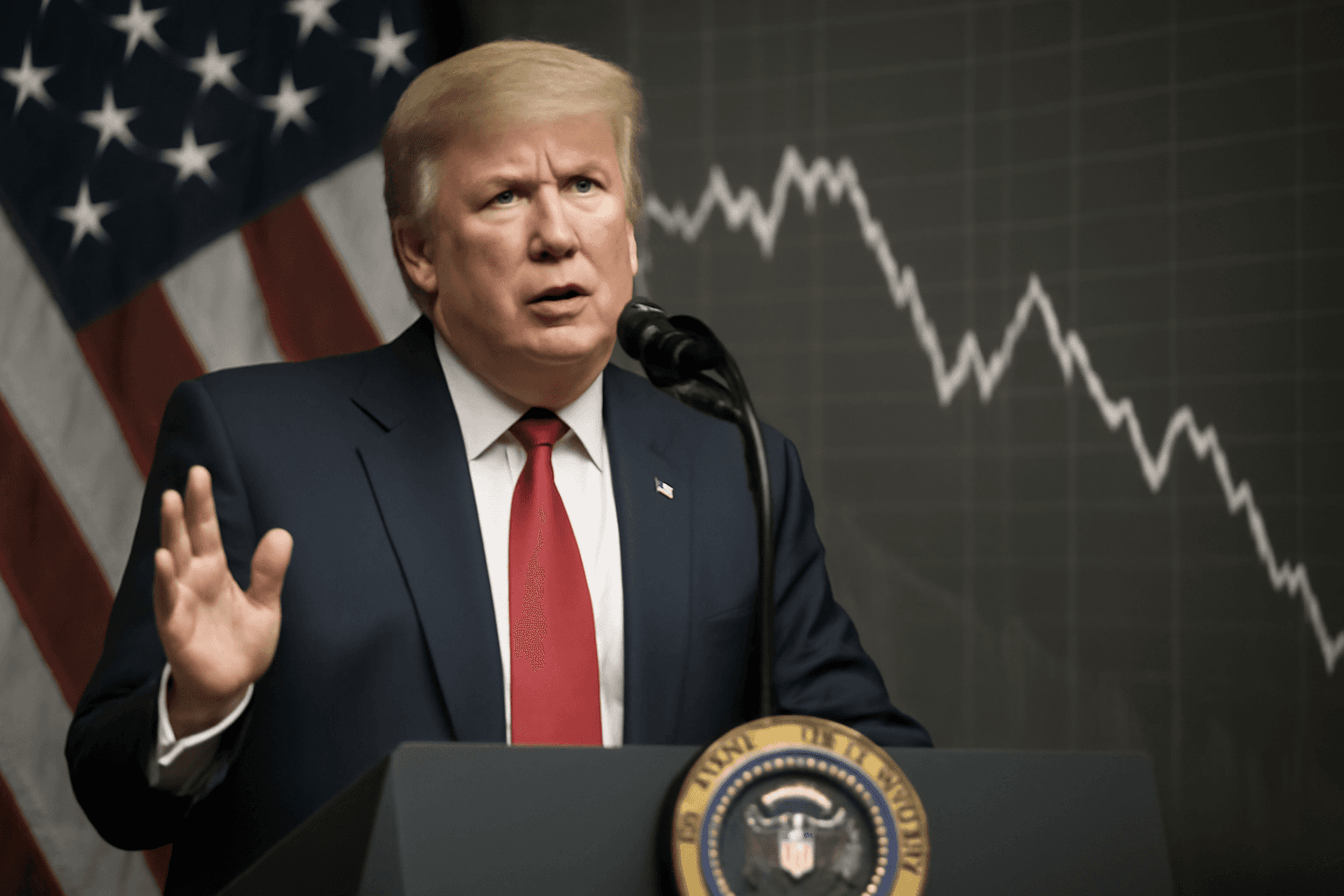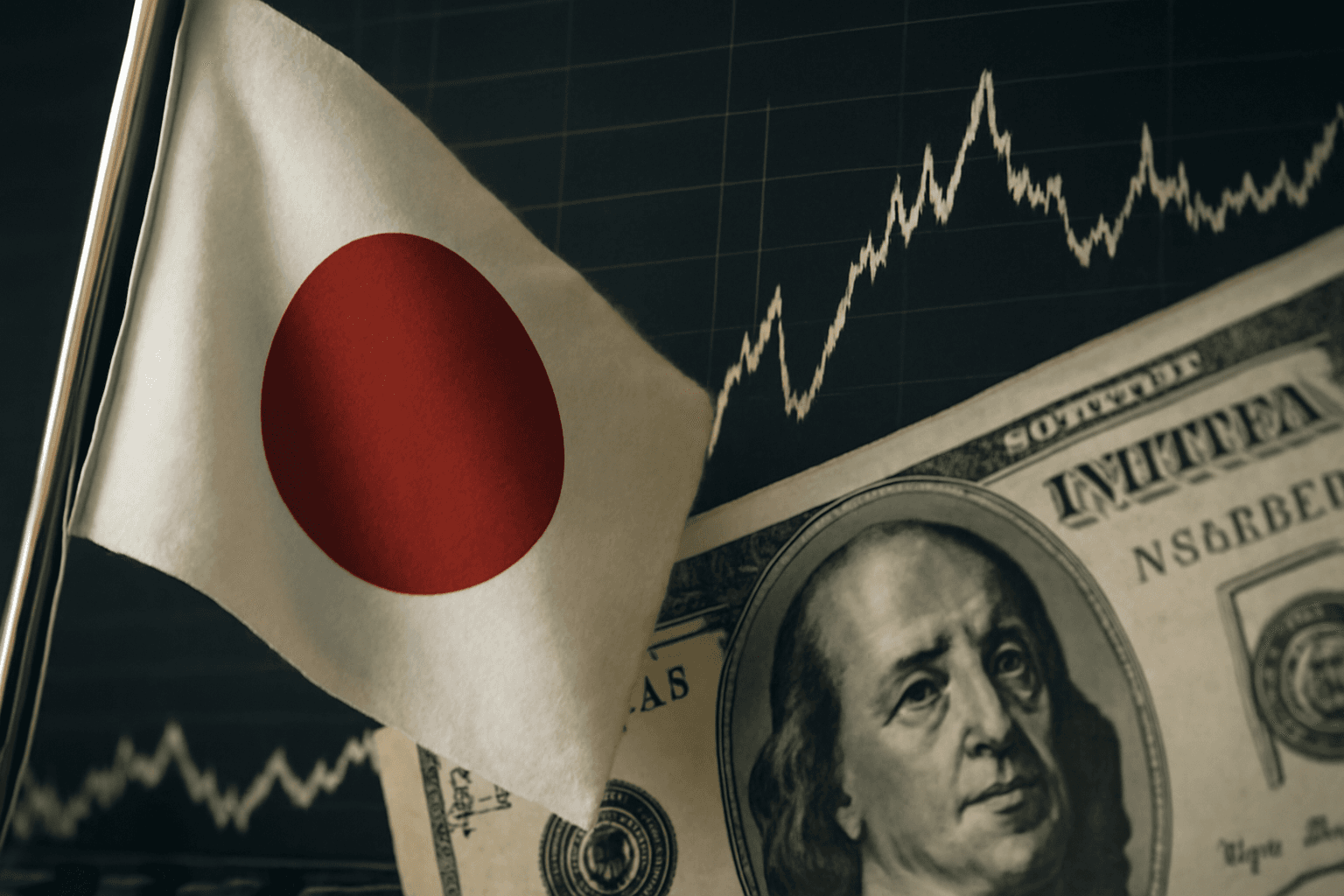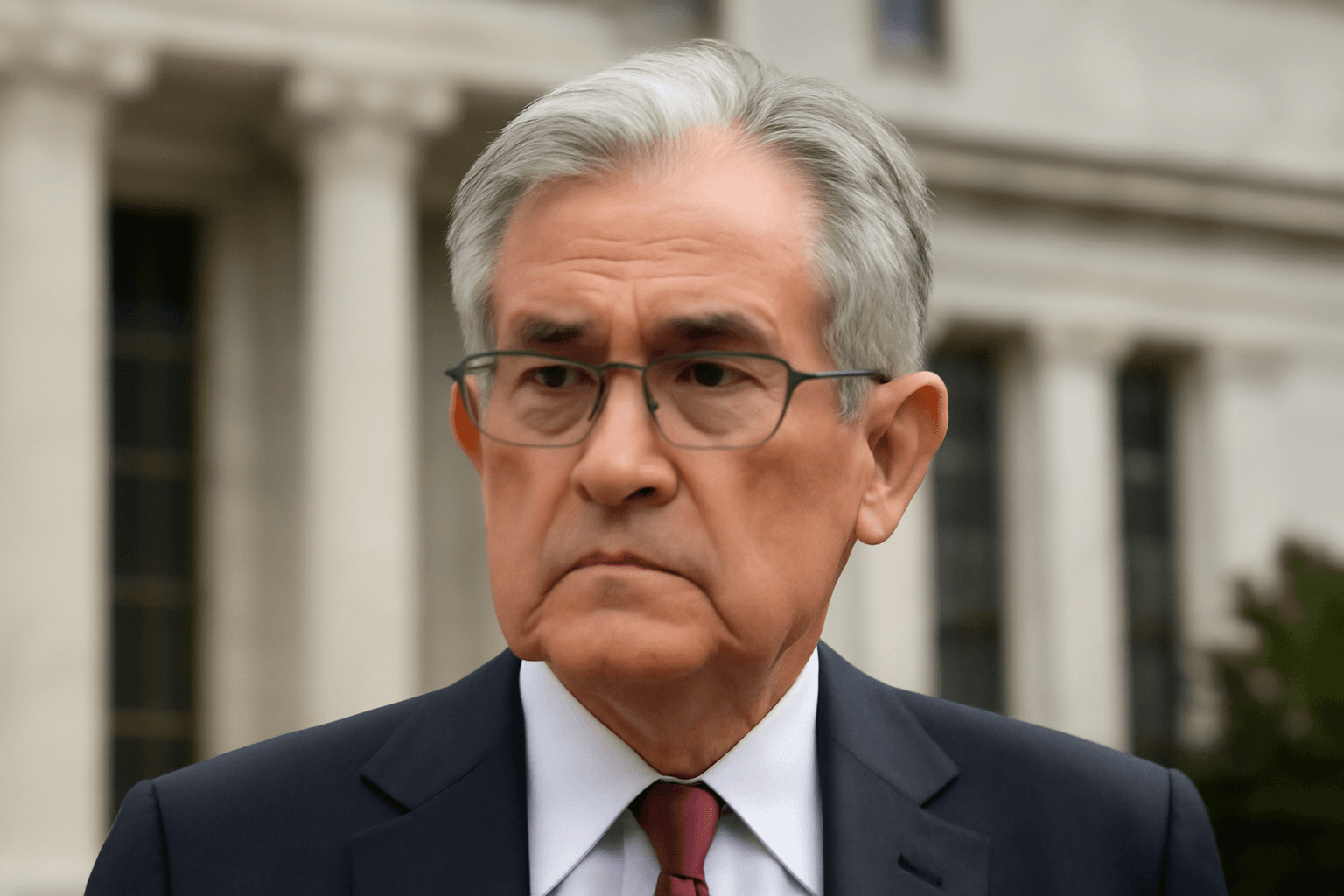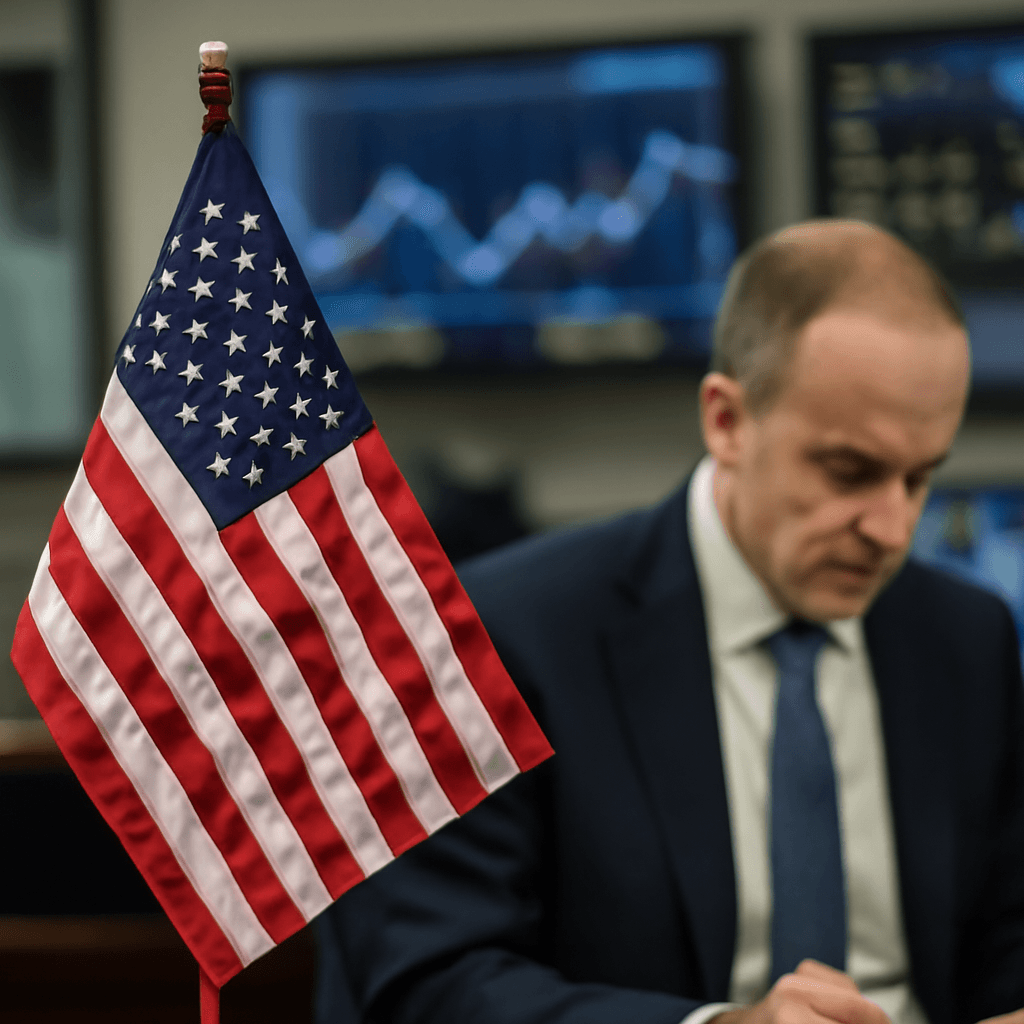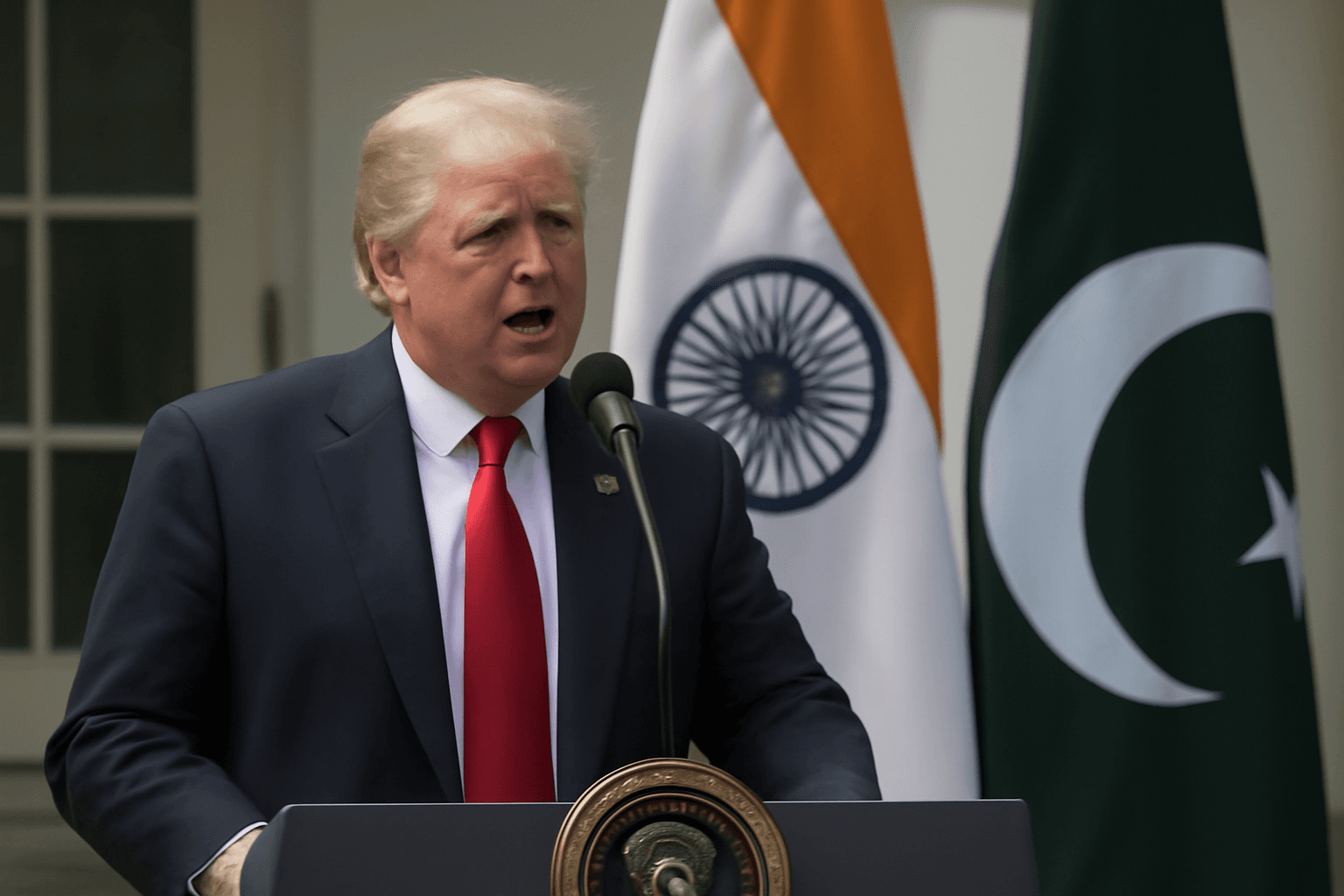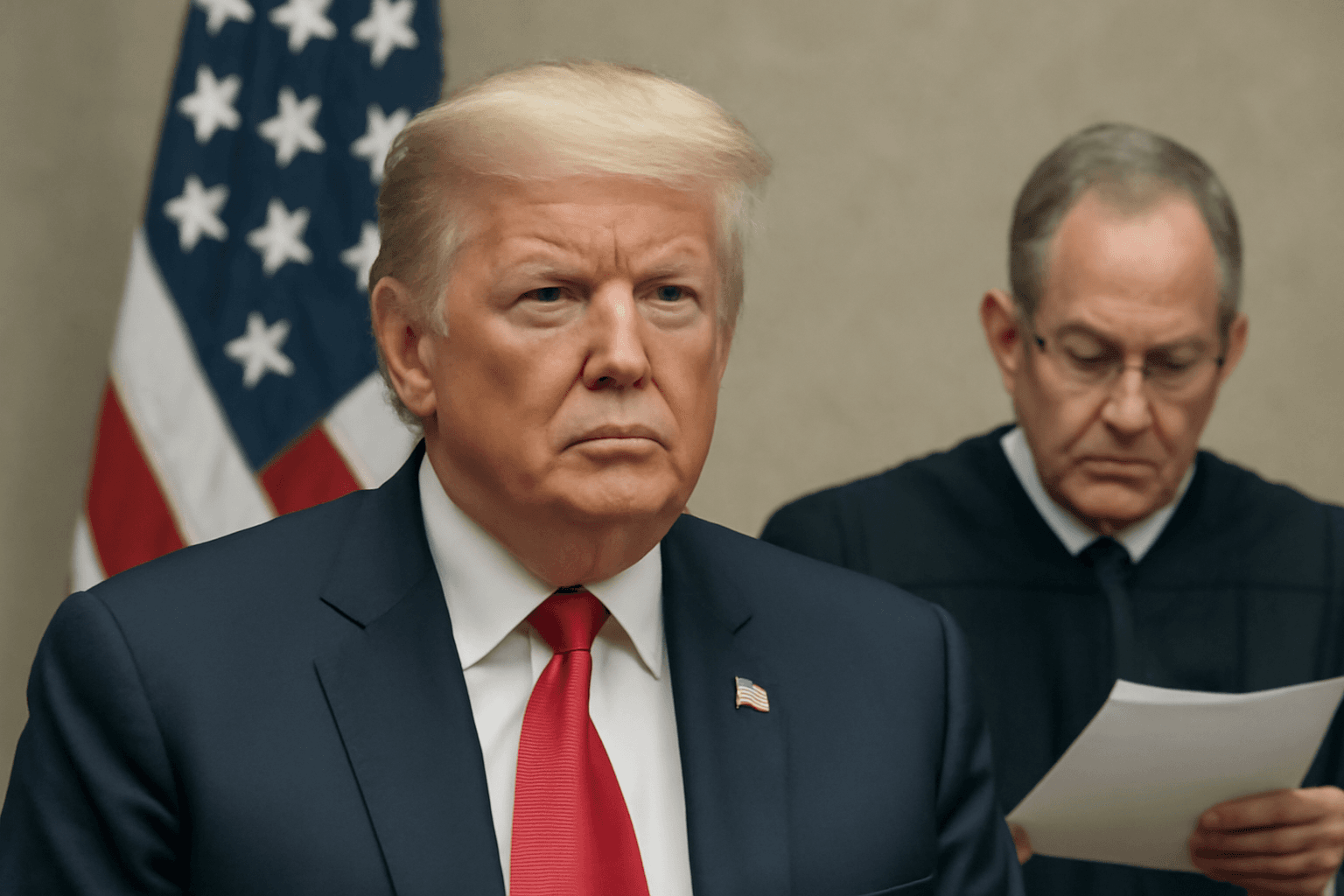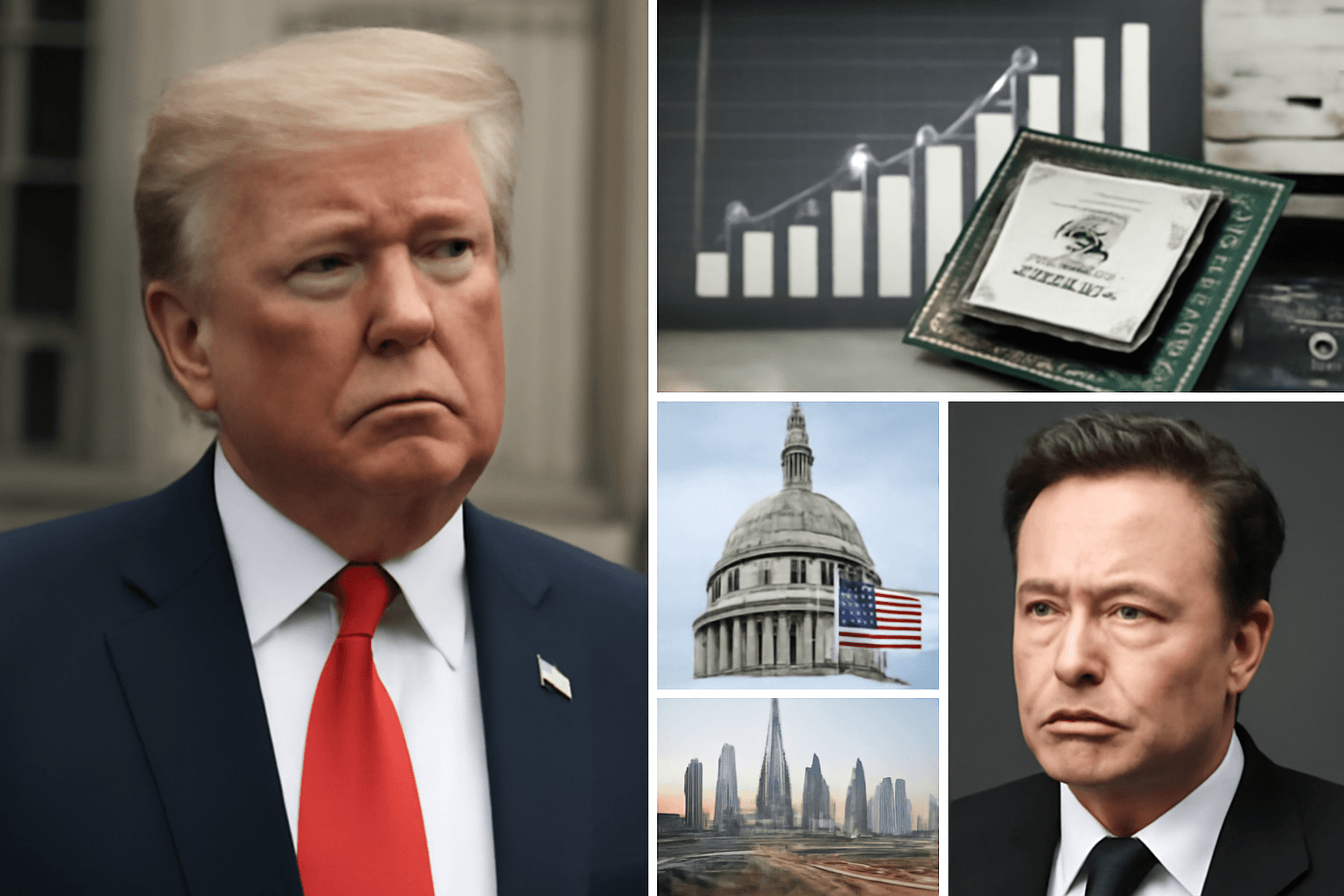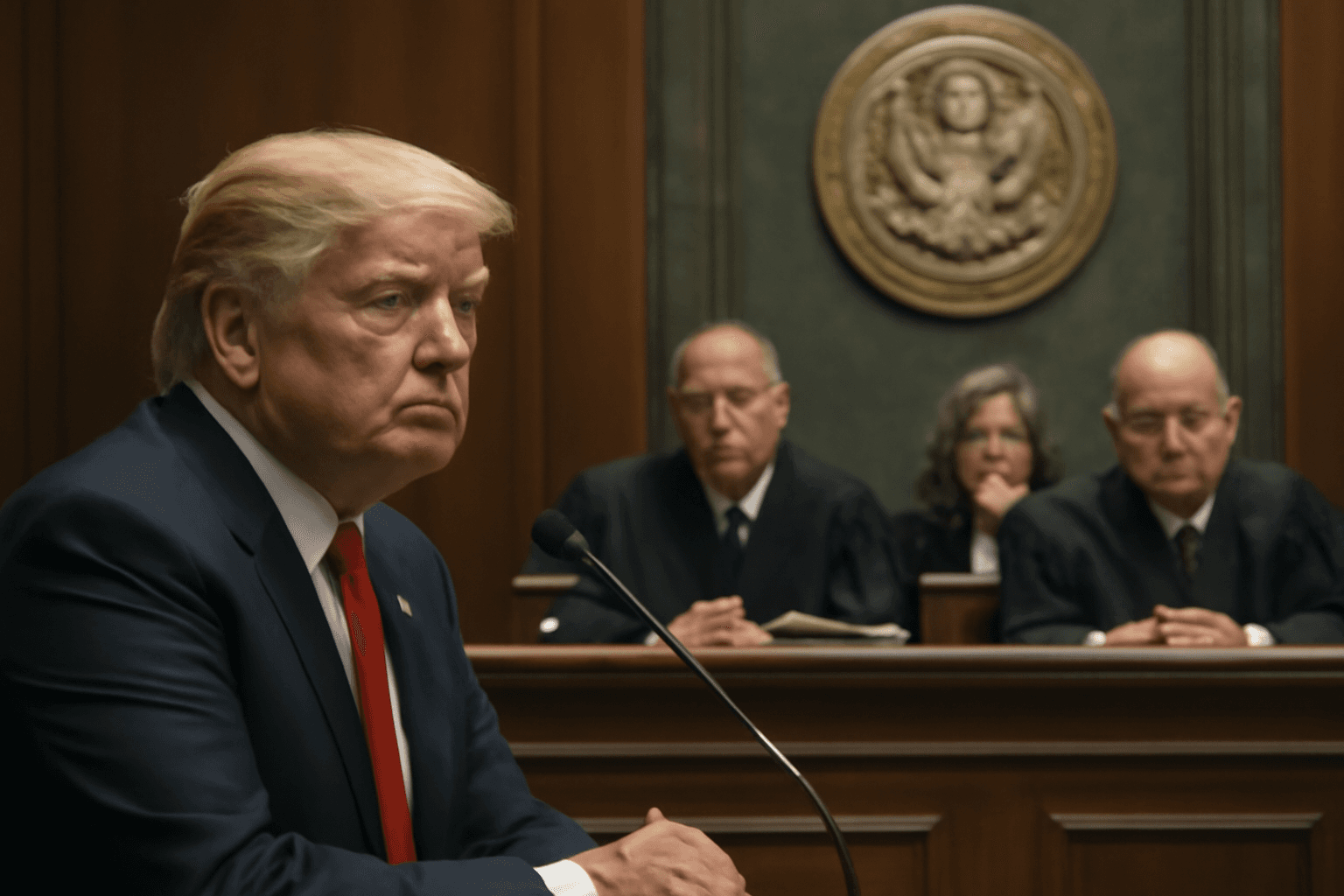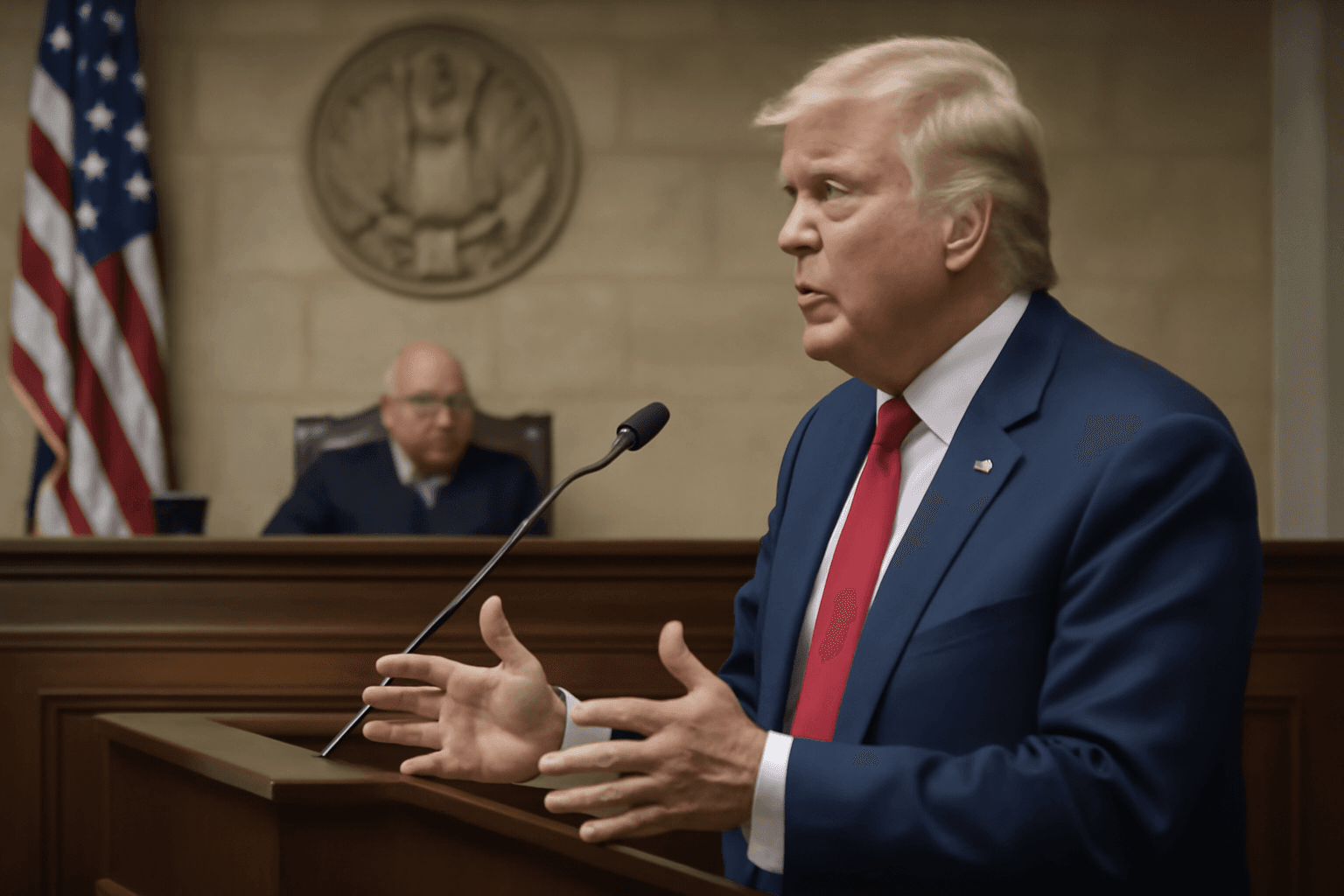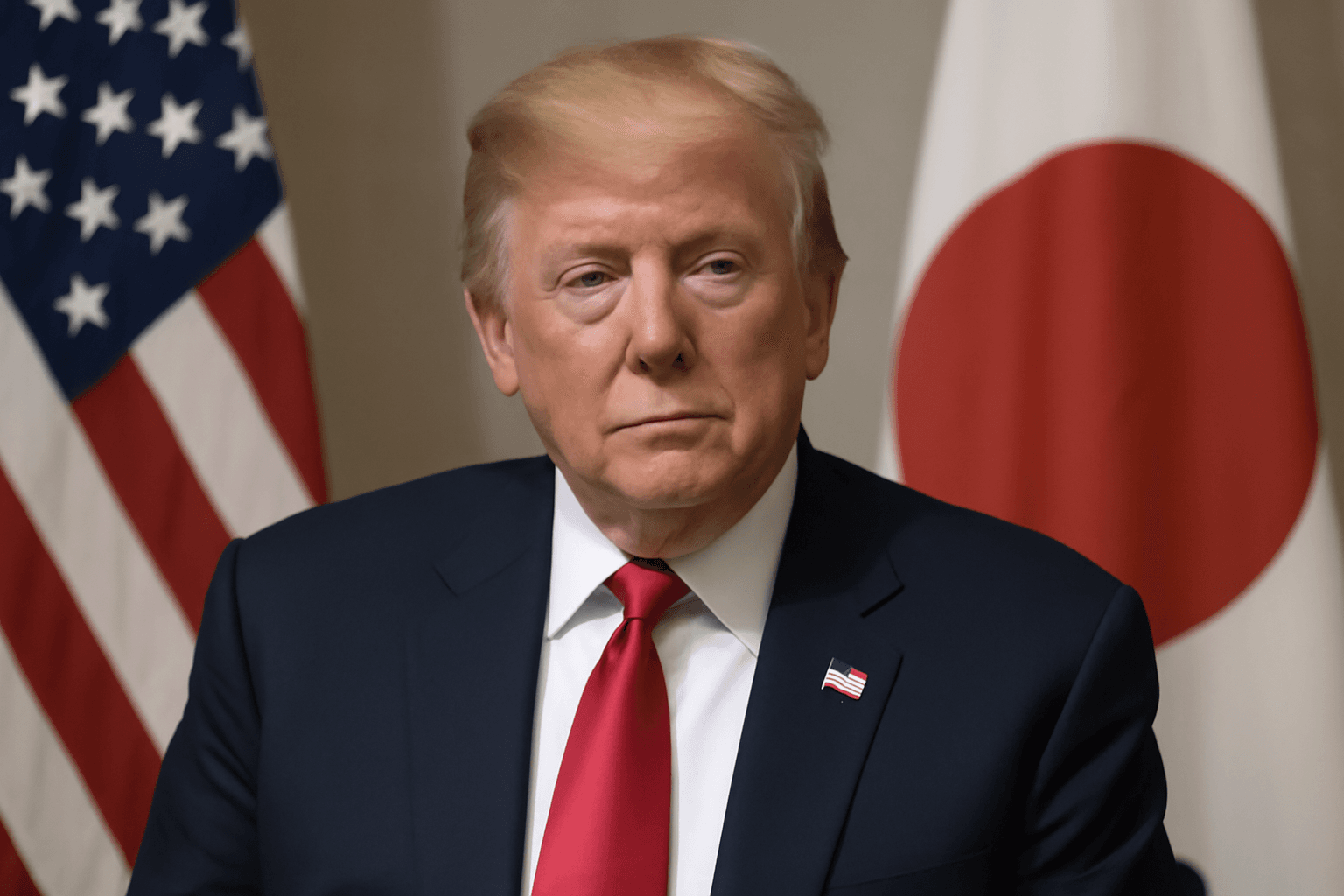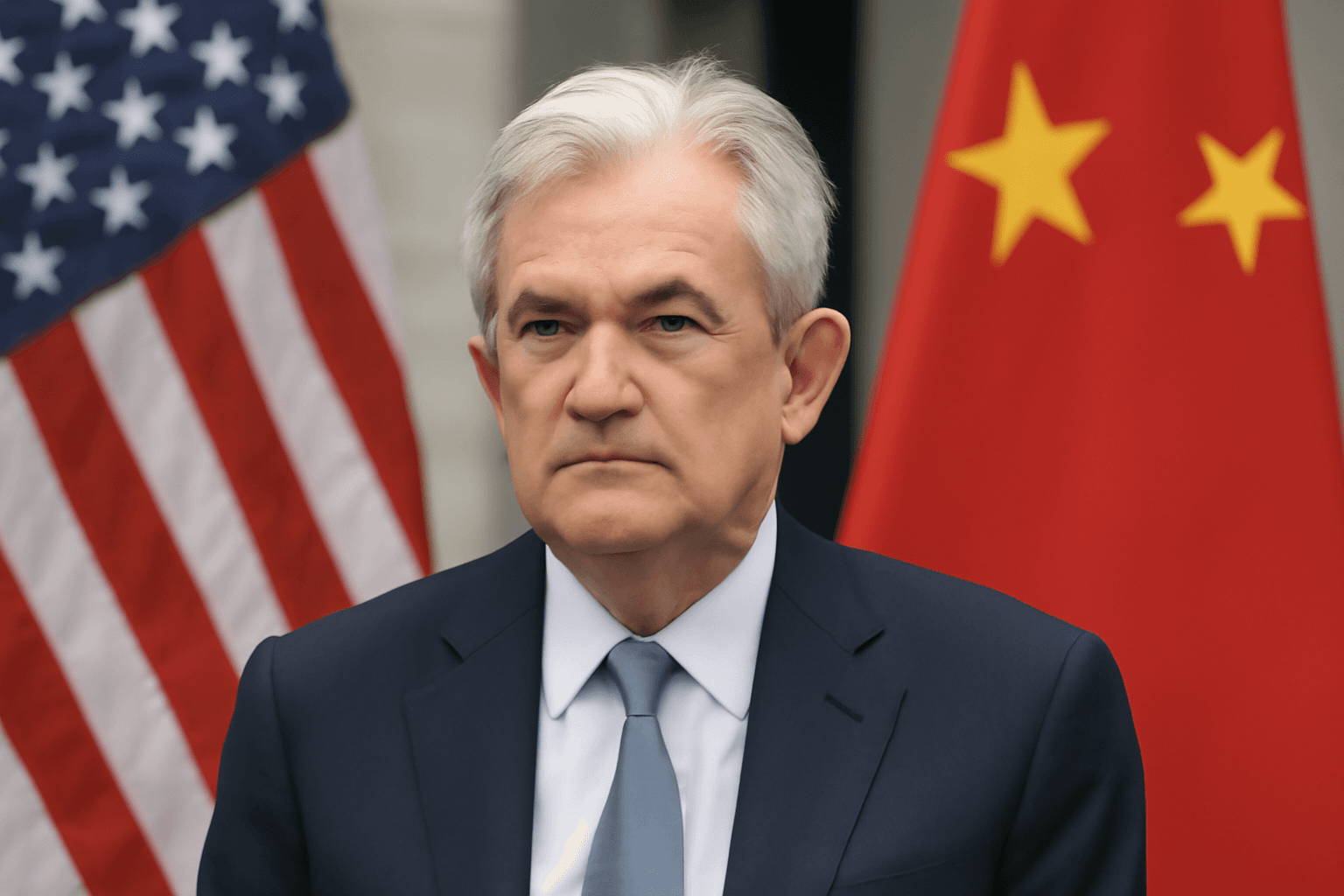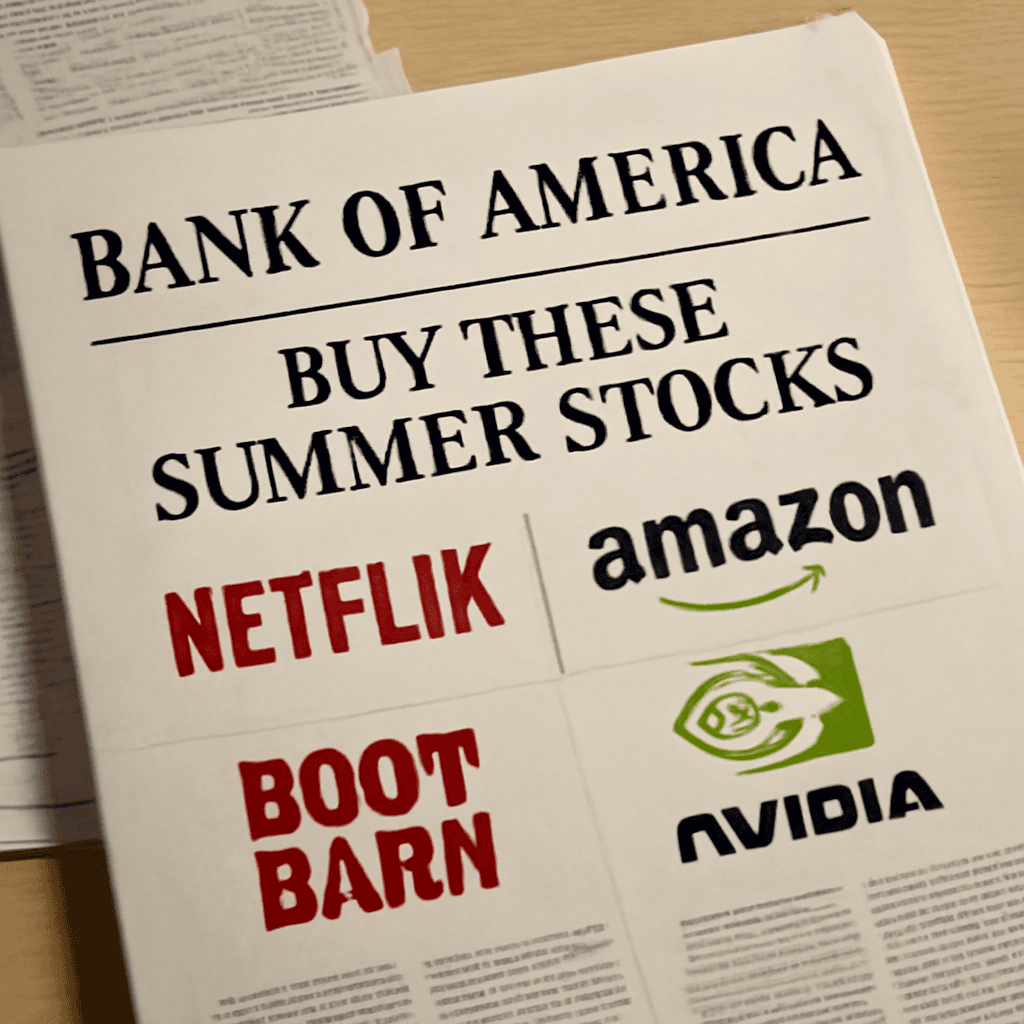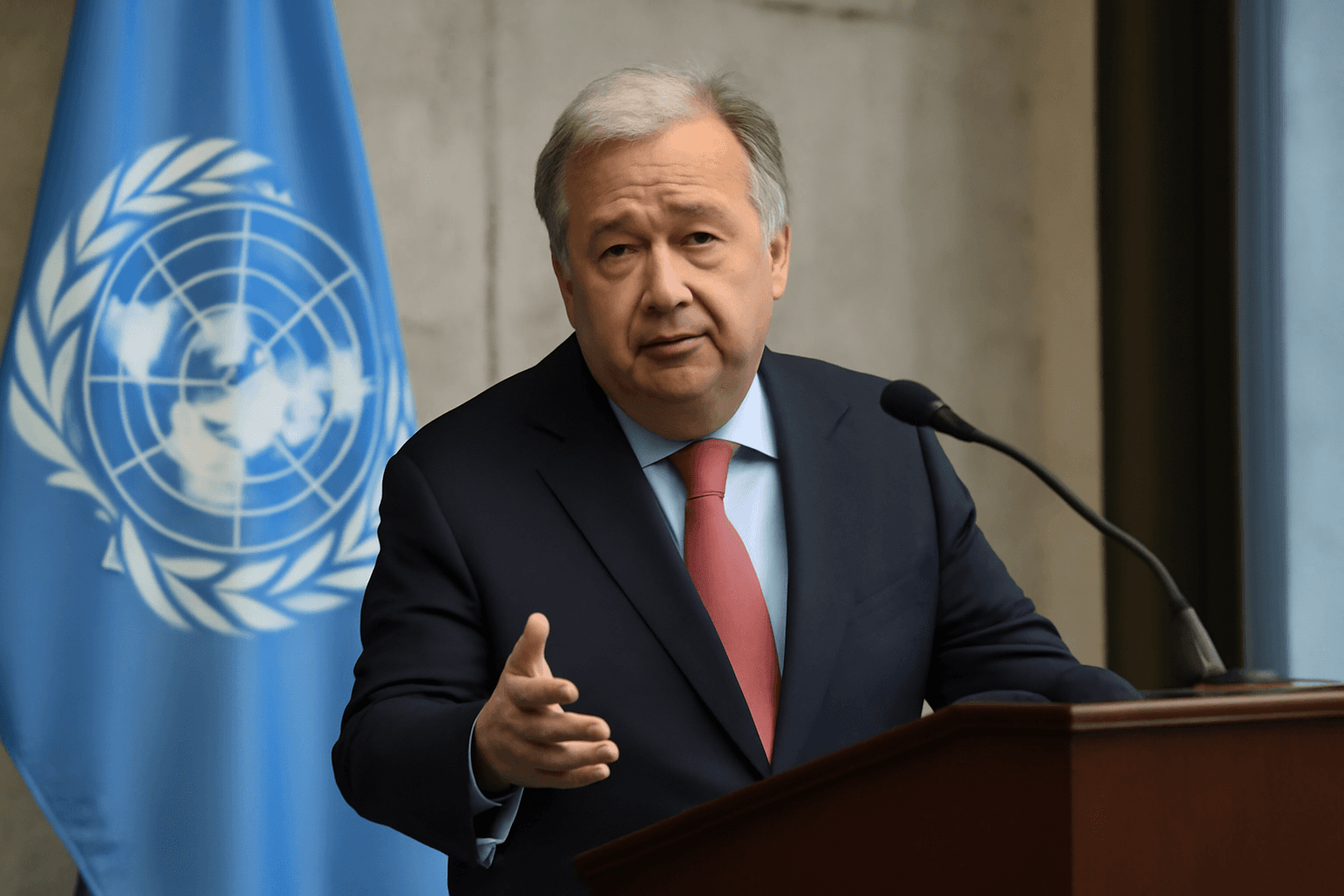Recent volatility in global markets has been driven largely by U.S. President Donald Trump's tariff policies, impacting sectors like autos, mining, and pharmaceuticals. Despite a ruling by the U.S. Court of International Trade blocking the administration from imposing certain reciprocal tariffs, experts anticipate the government will appeal and proceed with trade restrictions.
Bank of America's head of European equity strategy, Sebastian Raedler, highlighted that the European pharmaceutical sector is positioned to benefit significantly if the tariffs are enacted. Speaking on CNBC's "Squawk Box Europe," Raedler described the sector as a "defensive" one that has yet to experience the outperformance seen in other traditionally defensive sectors like utilities.
The Stoxx Pharmaceuticals index in Europe has declined by nearly 5% this year amid what Raedler called a "perfect storm" of adverse factors. These included fears of sector-specific tariffs, a weak U.S. dollar, and concerns over potential reductions in drug prices in the U.S. Consequently, valuations are now at their lowest since 2009. However, Raedler argued that the risks have been overestimated and that the pharmaceutical sector has been unfairly undervalued.
He also pointed to the need for a global economic slowdown for the sector to truly outperform, stating, "If there's any damage from the tariffs or any slowdown, pharma is miles away from pricing that in." Raedler noted that investors have largely abandoned the sector, presenting a potential opportunity.
Focusing on major companies, Raedler highlighted Novo Nordisk as undervalued, saying the market is neglecting its strong cash flow from existing products as well as potential gains from oral alternatives to its weight loss drugs, such as Wegovy. Shares of the Danish company have fallen nearly 30% since the start of the year amid fears that U.S. competitor Eli Lilly might capture market share.
Beyond pharmaceuticals, Swiss equities may also offer attractive opportunities owing to their comparatively low valuations relative to the broader European market. Raedler noted that Switzerland’s market is weighed down not only by pharma but also by sectors like food and beverages.
He emphasized that if the current extended global growth cycle slows, there could be significant upside in Swiss stocks, particularly in pharma and consumer staples. "Risk premia are low, and with the idiosyncratic pharmaceutical story, there are rich pickings in the Swiss market," Raedler concluded.

